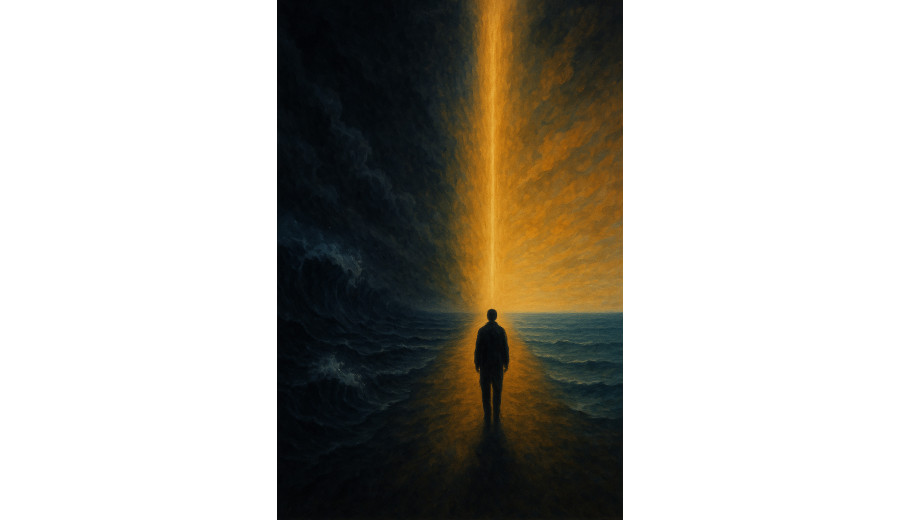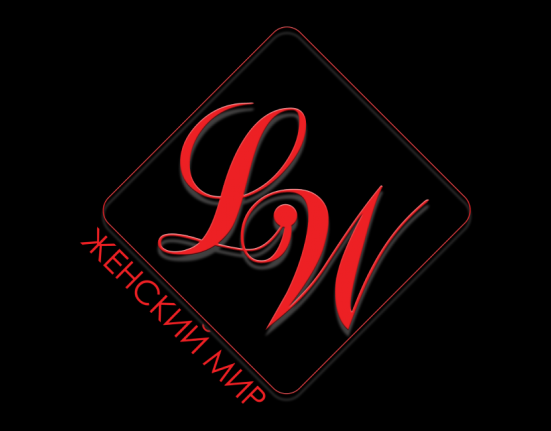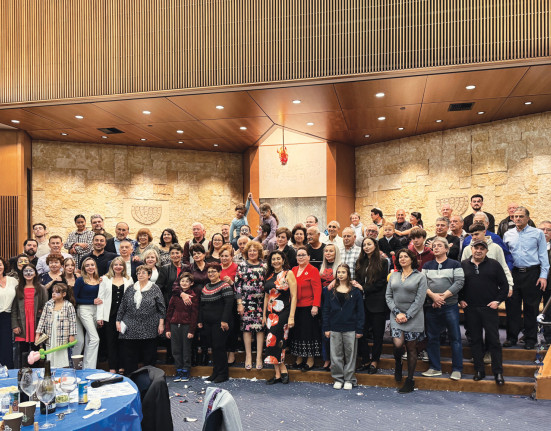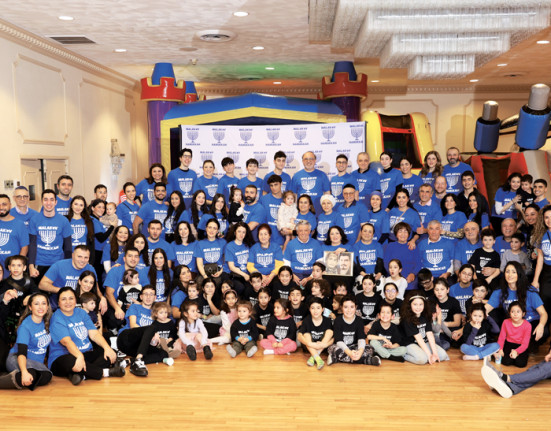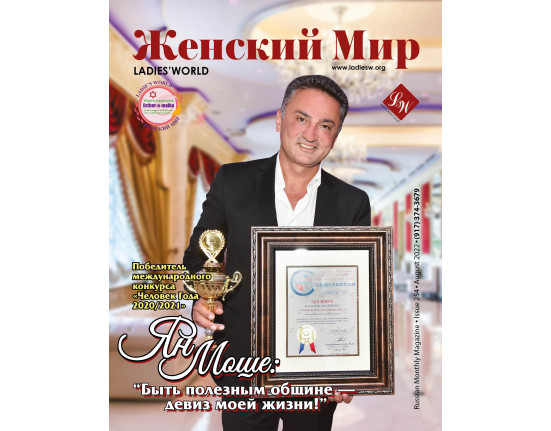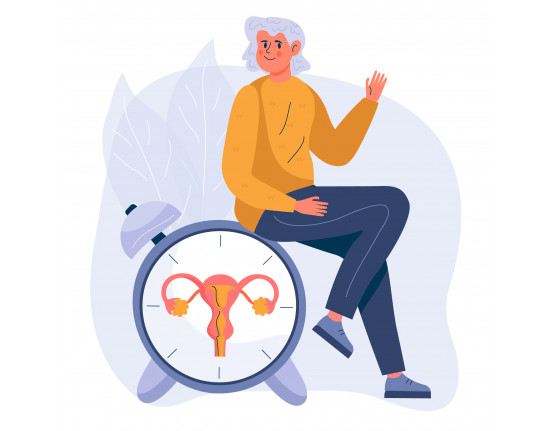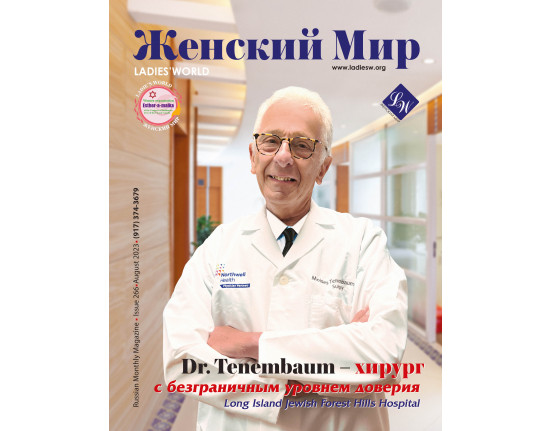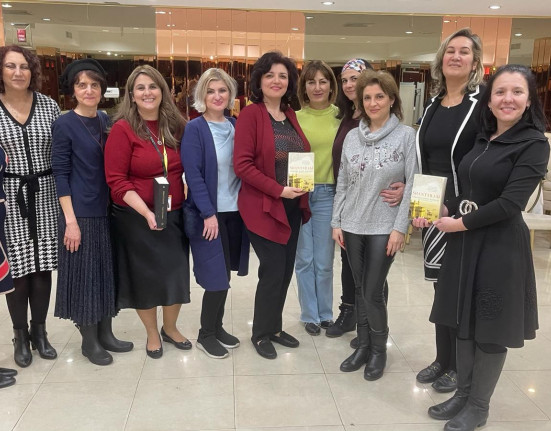Not long ago, a client
asked me a profound question:
If a loved one at times
shows love and warmth toward me, yet at other moments expresses irritation and blame,
which of these faces is the true one?
My question is, what do
you think?
If today your partner says
to you, “You are my love, you’re wonderful, you’re the best thing that’s ever
happened to me,” and tomorrow reproaches you, accuses you, and makes you feel
guilty for all the family conflicts, which attitude would you take as truth?
Where is he genuine – in
words of love or in outbursts of anger?
A simple situation, at
first glance. Yet it confuses so many. Why?
Let’s return to the story
of the Exodus of the Jewish people from Egypt.
This event was extraordinary:
the Creator performed a great miracle – He split the sea, and the people crossed
on dry land while their enemies drowned behind them.
As the Midrash says,
even a simple maidservant at the sea saw what the prophet Yechezkel never saw
– such a clear and powerful revelation of the Divine Presence!
Their hearts overflowed
with awe, joy, gratitude, and deep faith. They saw that the Creator rules the entire
world and personally protects them.
In a surge of inspiration,
they sang “Shirat ha-Yam” – a song of praise, gratitude, and the recognition that
the Creator is the King and Redeemer.
And yet, after such a spiritual
elevation, these very people built the Golden Calf, trampling their faith in the
Almighty. How could that be? What was Moshe to think of their essence? Which side
was true – the one that sang praise, or the one that fell into doubt?
The sages explain: when
the Jewish people thought Moshe was delayed and would not return from Mount Sinai,
an inner voice of doubt and fear began to speak in their hearts.
It was not the voice of
faith, but the voice of the yetzer hara – the inner force of negativity – sowing
anxiety: “Moshe is dead.” “We are abandoned.” “Who will lead us now?” They
gave in to that voice of panic.
This test reveals that
even a person who has experienced the greatest revelations can lose connection to
truth if they listen to the voice of fear instead of the voice of faith.
And we are no different.
We face the same test daily and hourly. Negativity is always louder, brighter, more
convincing – that’s how our subconscious is wired.
The yetzer hara,
pretending to “protect” us but in truth seeking to control us, makes us see the
world through the lens of danger and lack, cutting us off from trust and closeness
with the Creator.
Each of us possesses both
strengths and weaknesses. But which defines who we truly are? The truth is simple:
The human soul is a Divine spark, belonging to the perfect Creator – it cannot be
defined by flaws or negativity. Negativity always arises from a lack of something,
like love, attention, care, or recognition. But the Almighty lacks nothing. Therefore,
the essence of the Divine soul is defined only by its positive expressions. The
rest – the weaknesses – are simply the areas we must refine.
So when your loved one
shows enthusiasm, love, care, and warmth – that is their true self! In that moment, they are in harmony with
the Creator.
And we, as rightful bearers
of free choice, have complete freedom to decide how to view those around us – through
the lens of weakness, or through the lens of the soul’s light and goodness. But
this freedom itself is not free – it too is influenced.
Our choices are subtly
guided by the voices of the subconscious, by whispers of fear and sorrow. Our susceptibility
to these voices is, after all, a weakness too. Thus, every ruler is ruled by another.
As Kohelet (Ecclesiastes
5:7) says:
“If you see the oppression of the poor and perversion
of justice and righteousness in a land, do not be surprised – for one higher watches over the high, and over
them all stands the Most High.”
Over every power stands
a higher power – ultimately, the Creator Himself.
So why let a small, fearful
part of yourself rule over you, when you can turn directly to the Source – to the
Almighty, where there is only light and love?
May the new Jewish year
strengthen us in this awareness – to hear the voice of faith louder than the whisper
of darkness.

